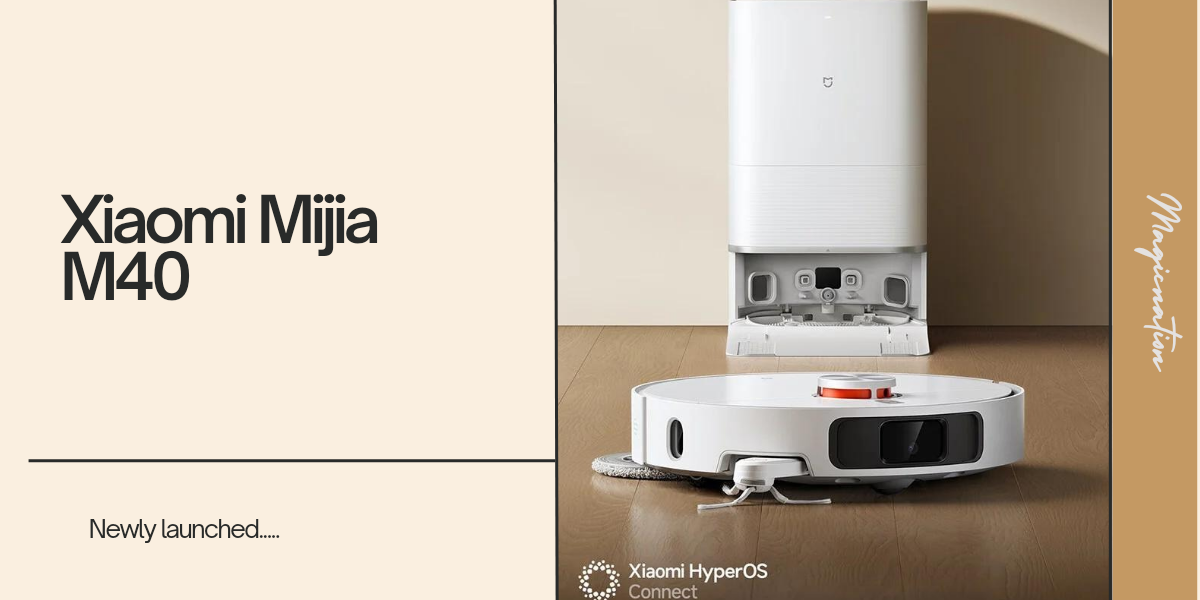 Heya Knights!
Heya Knights!Howdie? Today, we will kick start the journey of tech and info on the Magic Nation, with a brand new series, in which we will discuss certain buzzing technological topics in our weekly episodes. And for the pilot episode, I have got an amazing topic to discuss with y'all, i.e., Brain-Computer Interface.
Brain-Computer Interface (BCI)
 A Brain-Computer interface (BCI) is a technology that facilitates direct communication between the brain and an external device, such as a computer or prosthetic limb, without the need for traditional input methods like keyboards or mice. BCIs hold promise for a wide range of applications, from assisting individuals with disabilities to enhancing human performance in various domains.
A Brain-Computer interface (BCI) is a technology that facilitates direct communication between the brain and an external device, such as a computer or prosthetic limb, without the need for traditional input methods like keyboards or mice. BCIs hold promise for a wide range of applications, from assisting individuals with disabilities to enhancing human performance in various domains. Does that remind you of the recent news of Neuralink, Elon Musk, and successful implantation of the chip in the human brain? So is that an example of BCI? Yes, this is actually what BCI is! Let us get some deeper…

Basic Principle
BCIs work by detecting and interpreting neural signals generated by the brain. These signals can be recorded using various methods, including electroencephalography (EEG), magnetoencephalography (MEG), or implanted electrodes.
Applications
 BCIs have diverse applications, including medical, assistive, and entertainment purposes. In the medical field, BCIs can be used for neurorehabilitation, treating neurological disorders, and studying brain function. Assistive BCIs enable individuals with disabilities to control external devices, such as wheelchairs or robotic arms, using their thoughts. BCIs also have potential applications in gaming, virtual reality, and cognitive enhancement.
BCIs have diverse applications, including medical, assistive, and entertainment purposes. In the medical field, BCIs can be used for neurorehabilitation, treating neurological disorders, and studying brain function. Assistive BCIs enable individuals with disabilities to control external devices, such as wheelchairs or robotic arms, using their thoughts. BCIs also have potential applications in gaming, virtual reality, and cognitive enhancement.
Despite their potential, BCIs face several challenges and limitations. These include signal noise and variability, limited bandwidth for transmitting information, and the need for extensive calibration and training. Invasive BCIs also carry risks associated with surgery and implantation.Challenges & Limitations
The Future of BCI
 Researchers are actively working to address the challenges facing BCIs and unlock their full potential. This includes improving signal processing algorithms, enhancing the durability and biocompatibility of implanted electrodes, and exploring new applications in fields such as augmented cognition and brain-to-brain communication.
Researchers are actively working to address the challenges facing BCIs and unlock their full potential. This includes improving signal processing algorithms, enhancing the durability and biocompatibility of implanted electrodes, and exploring new applications in fields such as augmented cognition and brain-to-brain communication. Concluding the discussion, we can say that brain-computer interfaces represent a cutting-edge intersection of neuroscience, engineering, and computer science, with the potential to revolutionize how we interact with technology and understand the human brain. Continued research and innovation in this field hold the promise of exciting new capabilities and possibilities in the years to come.
Signing off
~Tej Dave









